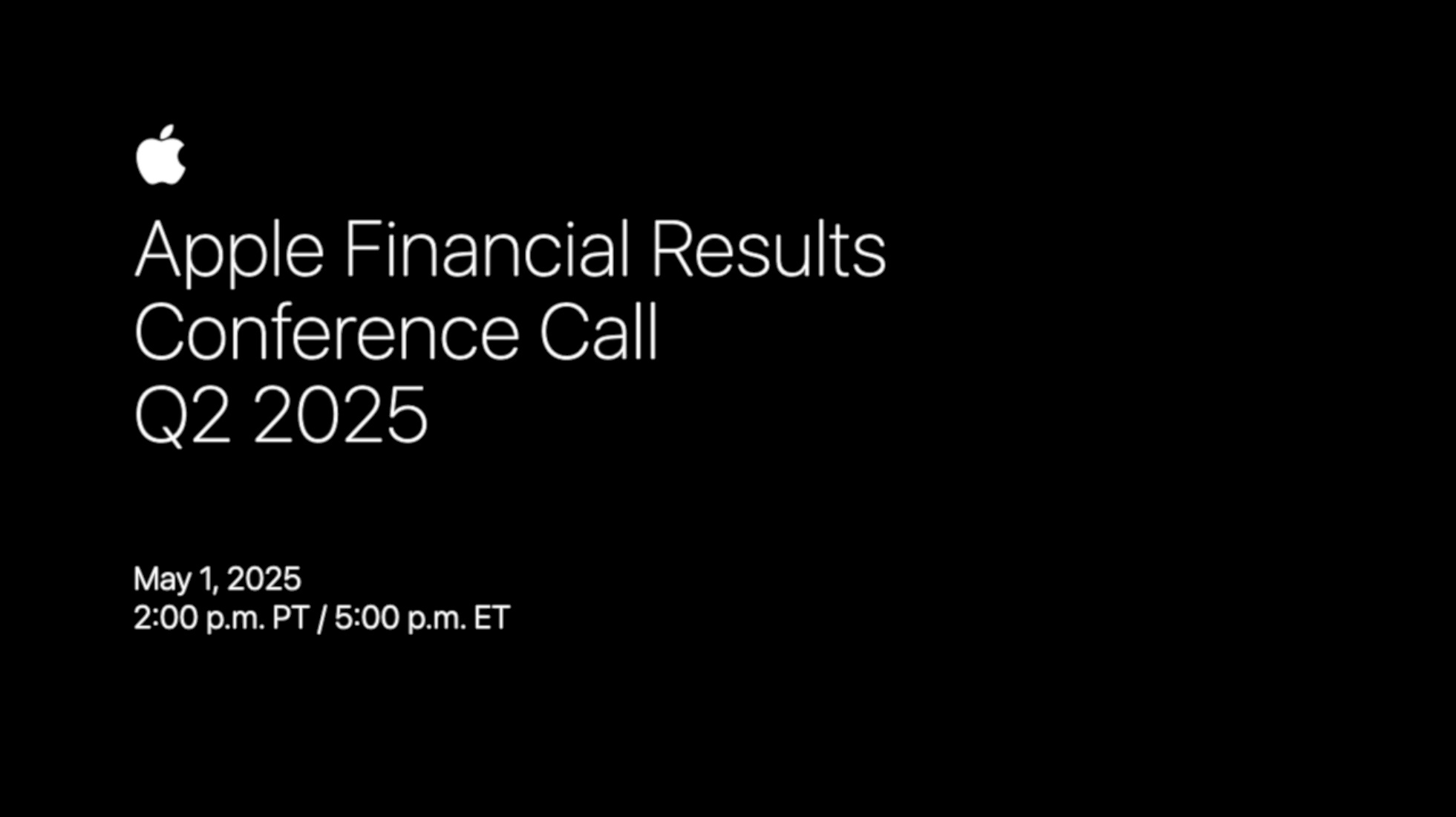Tim Cook’s personal donation of $1,000,000 to Trump’s bribe fund inauguration fund has left a bad taste in the mouth of Apple fans across the net.
First, the situation from Mike Allen via Axios:
Apple CEO Tim Cook will personally donate $1 million to President-elect Trump’s inaugural committee, sources with knowledge of the donation tell Axios.
Why it matters: The donation reflects a long, collaborative relationship between Trump and Cook that included many meetings during Trump’s first term, and dinner at Mar-a-Lago last month.
Other CEOs and companies have made seven-figure inauguration contributions in their efforts to build bridges to the incoming administration.
John Gruber via Daring Fireball:
It seems pretty obvious that it was Apple/Cook that leaked this to Axios, not Trump’s side, given the eye-roll-inducing “proud American tradition” spin, but more especially the nugget that only Cook personally, not Apple as a company, is contributing. That’s Cook asking for any and all ire to be directed at him, personally, not Apple. Good luck with that.
Marco Arment via Mastodon:
Is it that hard to believe?
Why do we think Tim Cook couldn’t possibly support Trump, while all of these other billionaires support him for their own billionaire self-interests?
Why do we keep making excuses for him?
Why do we keep making excuses for Apple?
Nick Heer via Pixel Envy:
Call this what you want: bipartisanship, diplomacy, pragmatic, outright support, or “the spirit of unity”. But one thing you cannot call it is principled. We have become accustomed to business leaders sacrificing some of their personal principles to support their company in some way — for some reason, it is just business is a universal excuse for terrible behaviour — but all of these figures have already seen what the incoming administration does with power and they want to support it. For anyone who claims to support laws or customs, this is not principled behaviour.
Daniel Jalkut via Daniel Punkass :
On the occasion of Apple’s slithering CEO Tim Cook donating $1M to a neo-fascist insurrectionist, it’s FINALLY time to deploy the often overused expression “this never would have happened if Steve Jobs were still in charge.”
Monton Reece via Manton.org:
Tim Cook has led Apple to incredible success, but his words are hollow. Even the principles he seems to care most passionately about, like user privacy, are in doubt. I’m increasingly thinking it’s an act.
I’ve been an Apple developer since the 1990s when the company was doomed. Fans propped up the company because we believed they were different. They focused on design and creativity. They were the rebels and troublemakers, trying to push the human race forward through technology.
Most of the employees at Apple still care about these things. Tim Cook cares about appeasing a would-be autocrat and taxing developers in an app distribution monopoly. It’s time for new leadership.
Cabel Sasser via Mastodon:
I wonder how Tim would answer the question: “why are you donating to this one, but didn’t donate to the last one?”. That’d be fascinating to see.
It’s a sad day for Tim Cook, Apple, and the of course the USA. How can they expect the world to choke down their claim of American exceptionalism when its leaders both in and out of government are so transparently corrupt?




